Contents : Chicory Root Inulin, ground 100 VEGAN – CELLULOSE (HPMC) capsules
- How to use:
- 1 – 2 tablets daily 30 minutes before meals.
- It is best to continue the treatment for three months
- Storage conditions: Store in a dry, dark place out of reach of children.
- NOTES: Do not exceed the recommended daily dose. Not for use by pregnant or lactating women or children under 7 years of age.
- The product cannot be used as a substitute for a properly varied diet.
What is inulin? Inulin – occurrence and natural sources
Inulin is naturally present in some storage parts of plants and is used by plants as a reserve material. In nature, it occurs in dandelion, elecampane, Jerusalem artichoke and chicory. It is a common compound in the Asteraceae family (Dum.). In health food stores, we can find inulin from agave. In chemical terms, inulin is a polysaccharide (polysaccharide), a low-molecular polymer with poor water solubility.
For the needs of industry, including pharmaceuticals, it is extracted from plants. Most often, we encounter inulin from chicory root or Jerusalem artichoke, inulin available in the market is in the form of a white powder. Strictly culinary and health properties are important here – relatively low calorific value (1.5 kcal/g) and low degree of sweetness. In addition to health-promoting properties, gelling properties are chemically important – inulin is used in industry as a thickening agent and stabilizing ingredient of some food products.
Inulin – properties
Inulin is a prebiotic substance that enriches the intestinal microflora with lactic acid bacteria – mainly Bifidobacterium (some sources also mention Lactobacillus). Due to its chemical structure, this compound is resistant to enzymes digesting sugars and reaches the large intestine without any major problems. Inulin is practically not absorbed in the digestive tract, it is transformed in the large intestine as a result of hydrolysis and fermentation processes (studies show that the use of inulin significantly increases the bacterial population in the large intestine). The development of intestinal bacteria as a result of inulin supplementation also visibly limits the development of pathogenic bacterial flora (among others, due to the pH produced). Animal studies have shown that inulin affects the enzymatic activity of the intestines and limits the growth of pathogens such as Salmonella, Listeria, Shigella.
Inulin – influence on intestines and bowel movement cycle. Probiotic properties of inulin
Inulin taken orally together with pectins and fiber supports the bowel movement cycle by influencing the intestinal motility (due to its effect on the smooth muscles of the intestines and their contractility).
In studies involving children (4–24 months), a beneficial effect was noted related to a decrease in the incidence of constipation. It is also important to note that better results were observed when lactic acid bacteria were used in conjunction with inulin, which somewhat confirms its prebiotic properties.
Inulin – effect on atherosclerosis and cholesterol. Cardioprotective properties of inulin
Inulin taken orally had a clear effect on the LDL fraction and triglyceride levels. Studies conducted with inulin and a low-fat diet noted a decrease in the amount of TG by about 7% in men and 12% in women, and a simultaneous increase in good cholesterol (HDL fraction). The period after which such a decrease and corresponding increase was noted was several weeks. Additionally, inulin limited the absorption of cholesterol in the intestinal lumen (due to the increased viscosity of the food content). The conclusion is that inulin and its derivatives, i.e. fructans, have an effect on the heart (on the lipid profile) – it can therefore be concluded that inulin has so-called hypolipemic properties.



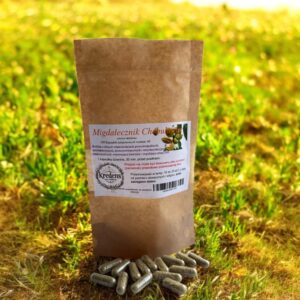

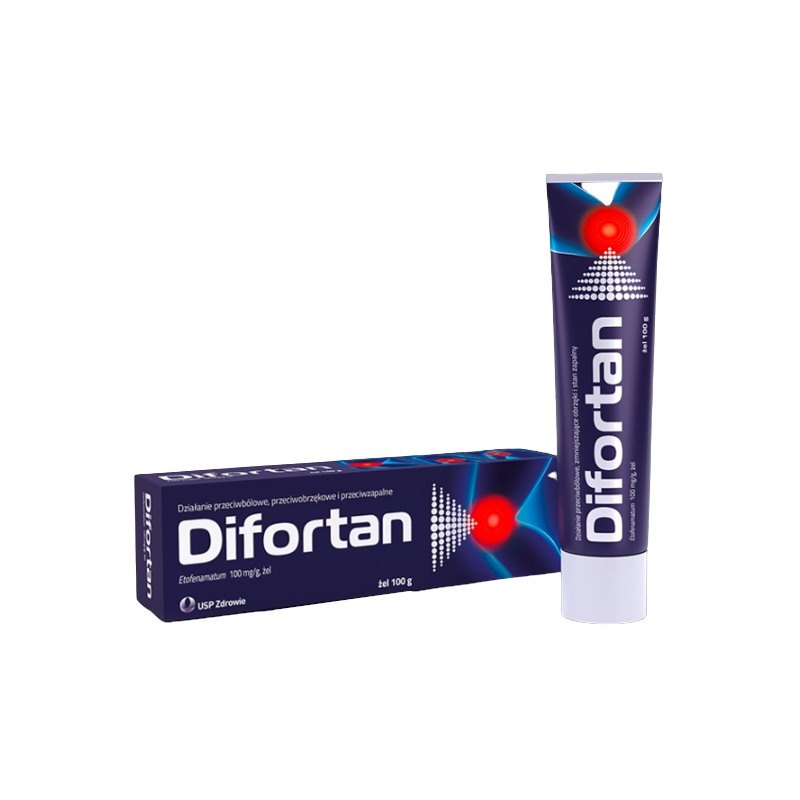
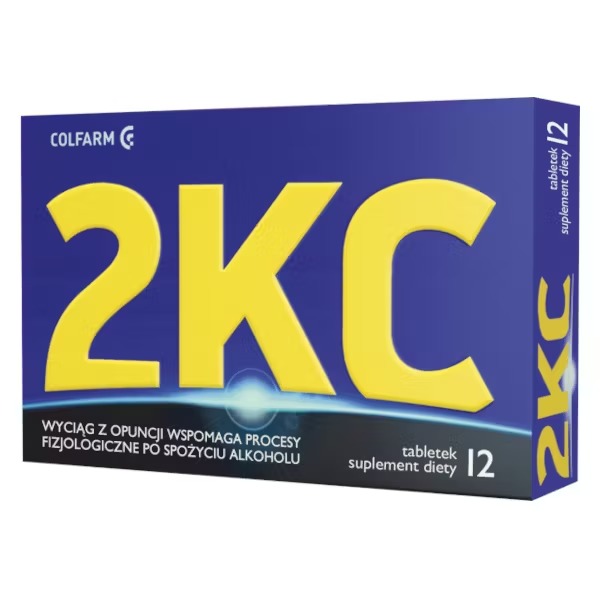
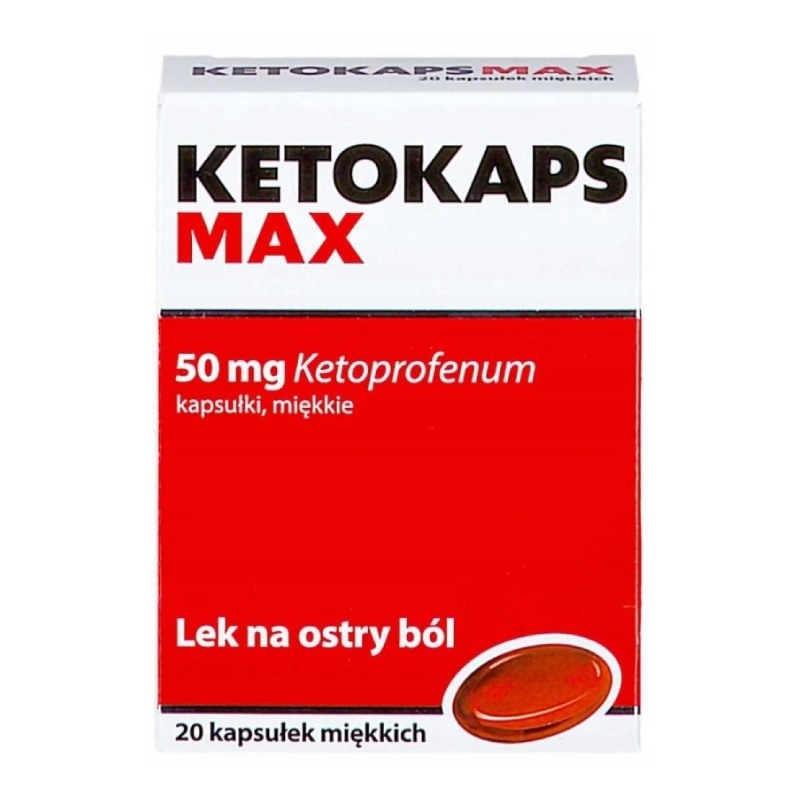
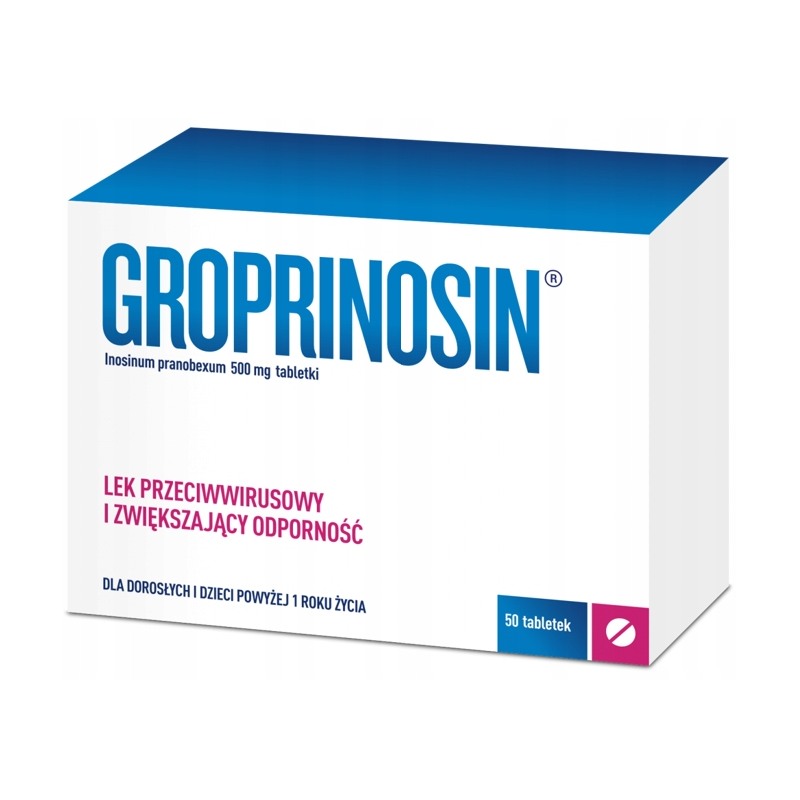
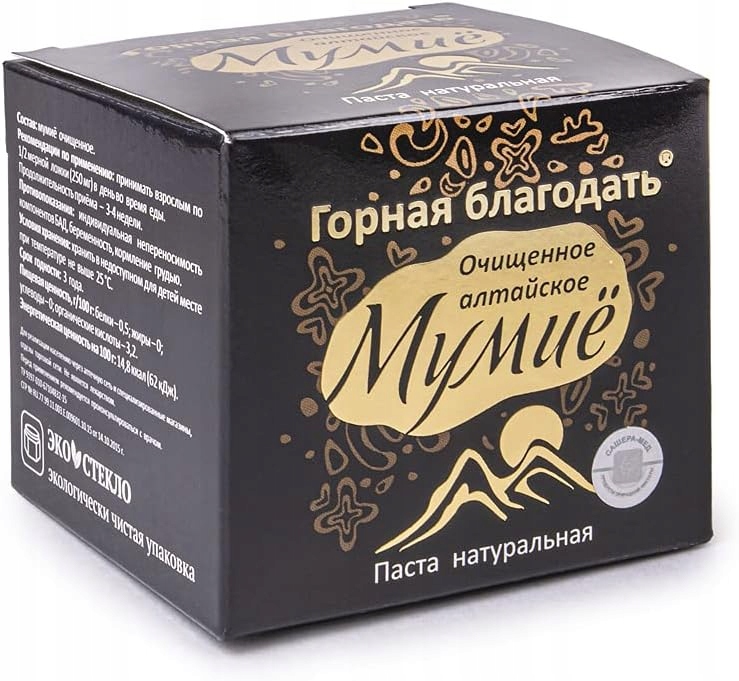
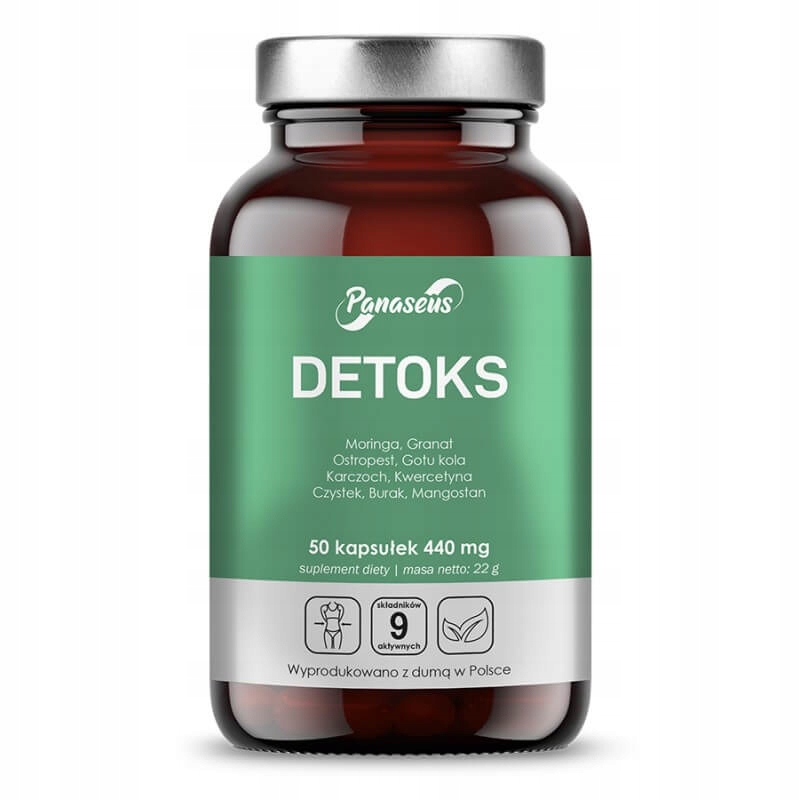







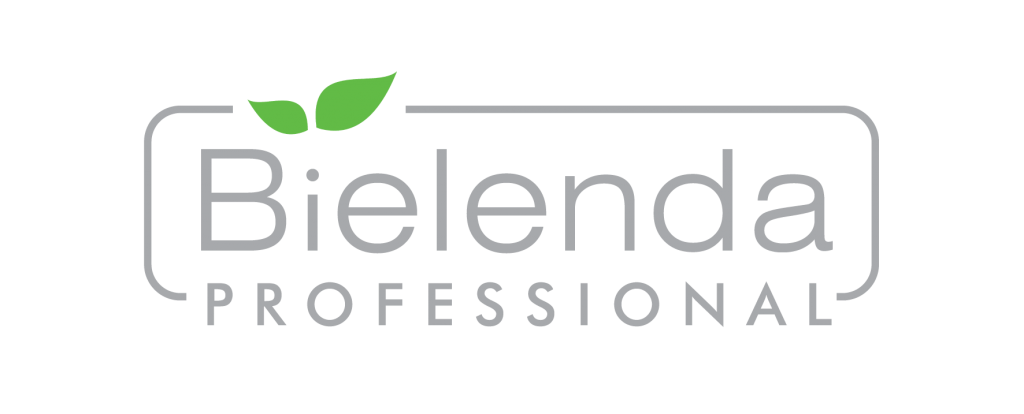



















Reviews
Clear filtersThere are no reviews yet.